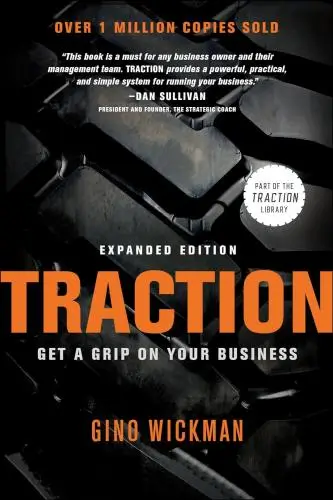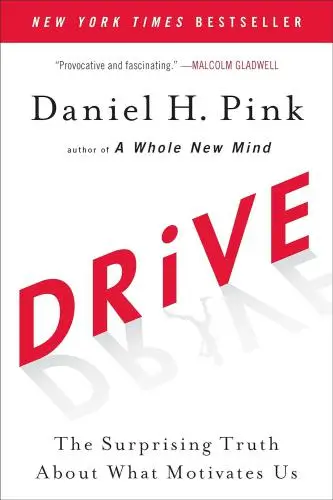
Drive
The Surprising Truth About What Motivates Us
What is Drive about?
Drive by Daniel H. Pink delves into the heart of motivation. Beyond traditional theories, Pink emphasizes intrinsic motivation – deriving joy from doing things that matter to us. He highlights autonomy, mastery, and purpose as key drivers. Through anecdotes, research, and advice, Pink masterfully explores how to tap into our inner motivation and unleash potential. A revolutionary read for leaders and individuals aiming for personal growth.
About the Author
Daniel H. Pink is an American author known for his books on business, work, and behavioral science. He has authored several bestsellers, including "Drive: The Surprising Truth About What Motivates Us" and "A Whole New Mind: Why Right-Brainers Will Rule the Future." Pink's books explore topics such as motivation, creativity, and the changing nature of work in the 21st century. He combines research from various fields to provide practical insights and strategies for individuals and organizations to thrive in today's rapidly evolving world. Pink's work has been influential in shaping the way people think about motivation, leadership, and personal development.
8 Key Ideas of Drive
- Rethinking Motivation: The Shift from Extrinsic to Intrinsic
- The Delicate Balance of Rewards
- The Evolution of Motivation Theories: From 2.0 to Self-Determination
- Autonomy: The Key to Workplace Success
- The Pursuit of Mastery
- The Power of Purpose
- Cultivating Intrinsic Motivation
- Redefining Compensation and Education
In 1996, economists were puzzled by the success of Wikipedia, a free encyclopedia driven by volunteers, while Microsoft's paid, professional-driven encyclopedia seemed destined for success. This defied conventional wisdom about motivation.
Our societal "operating system" has evolved from survival-based motivation to a system centered on rewards and punishments, which fueled economic growth. However, this system, known as Motivation 2.0, is facing significant challenges in the 21st century.
The problems with Motivation 2.0 can be summarized as follows:
Organizing Tasks: Traditional incentives don't align with phenomena like open-source projects, where unpaid volunteers create valuable software. This challenges the belief that external rewards drive all productivity.
Thinking About Tasks: Humans aren't always rational wealth maximizers. Decisions are influenced by factors like fairness, purpose, and personal satisfaction, defying Motivation 2.0's assumptions.
Carrying Out Tasks: Human motivation is more complex than extrinsic rewards alone. Intrinsic motivation plays a significant role in economic activities.
These challenges highlight the need to reimagine Motivation 2.0 in light of these intricacies.
Work has evolved significantly since the era of Frederick Winslow Taylor, reshaping the foundations of Motivation 2.0. Work now falls into two categories: routine and creative. Routine tasks are diminishing due to outsourcing and automation, rendering external rewards less effective for them.
Work is becoming a more enjoyable endeavor, and the necessity for external incentives is waning. People actively seek work-like experiences during vacations, signaling a shift from viewing work as a disutility to a utility.
With telecommuting and flatter organizational structures, the need for constant employee monitoring has diminished. Self-motivation takes the forefront, mirroring the dynamics of open-source projects where contributors are self-directed.
Motivation 2.0 faces compatibility issues in the face of modern business models, changing economics, and the evolving nature of work. These challenges send a clear signal: a new approach to motivation is urgently required.
Studies show that extrinsic rewards, especially with conditions, undermine creativity and performance. Larger incentives don't always mean better outcomes. Excessive rewards can hinder creative thinking.
Intrinsic motivation, fueled by interest, challenge, and absorption, is crucial for creativity. Artists and scientists excel with intrinsic motivation, yielding superior results. Less rigid funding in science led to better outcomes.
Paying for blood donation can backfire, decreasing donations by half. Rewards should complement altruism, not replace it.
Mixing rewards with intriguing tasks is risky. Extrinsic incentives can harm motivation if they neglect autonomy, mastery, and purpose.
In the realm of extrinsic motivation, rewards can backfire, damaging goals and ethics, demanding higher doses, and encouraging shortsightedness.
Carrots and sticks have seven deadly flaws:
- They kill intrinsic motivation.
- They reduce performance.
- They stifle creativity.
- They push out good behavior.
- They breed cheating.
- They create addiction.
- They promote short-term thinking.
In conclusion, the traditional system of motivation, known as Motivation 2.0, is facing significant challenges in the modern world. The evolving nature of work and the complexities of human motivation call for a new approach. Extrinsic rewards can undermine creativity and performance, while intrinsic motivation fueled by interest, challenge, and absorption yields superior results. It is crucial to consider autonomy, mastery, and purpose when designing motivational strategies. By reimagining motivation, we can create a more engaging and productive work environment.
Drive Summary: Common Questions
Daniel H. Pink's 'Drive' is a motivational powerhouse that takes you on a ride through the intriguing landscape of what truly drives us. With a knack for simplifying complex concepts, Pink eloquently dissects the essence of human motivation, showcasing the power of autonomy, mastery, and purpose. What truly stood out for me was the practicality of his insights. It's not just theoretical jargon; it's actionable wisdom that can be applied to our everyday lives. However, some might find the middle portion a tad repetitive. But, overall, it's a must-read for anyone seeking to rev up their personal and professional drive. I'd give it a solid 4.5 out of 5 for its impactful take on motivation, despite the occasional repetitive note.
Experience Personalized Book Summaries, Today!
Discover a new way to gain knowledge, and save time.
Sign up for our 7-day trial now.
No Credit Card Needed

Similar Books
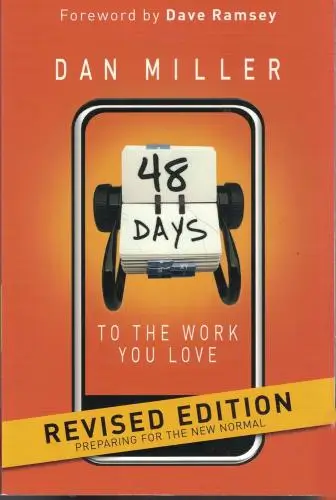
48 Days to the Work You Love
Dan Miller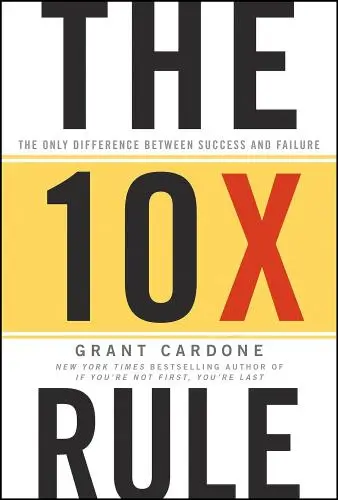
The 10X Rule
Grant Cardone
Oh, the Places You'll Go!
Dr. Seuss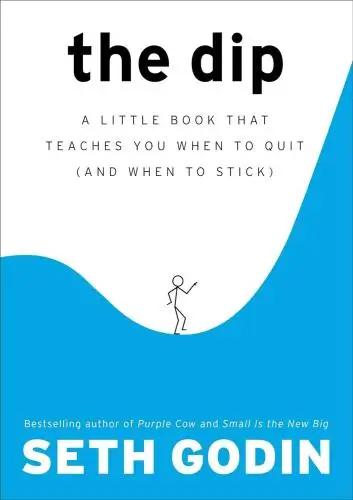
The Dip
Seth Godin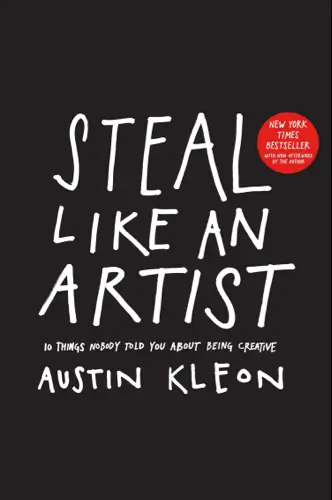
Steal Like an Artist
Austin Kleon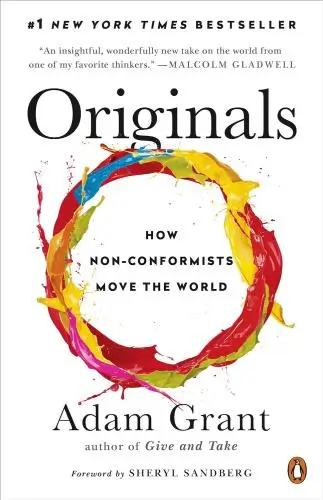
Originals
Adam Grant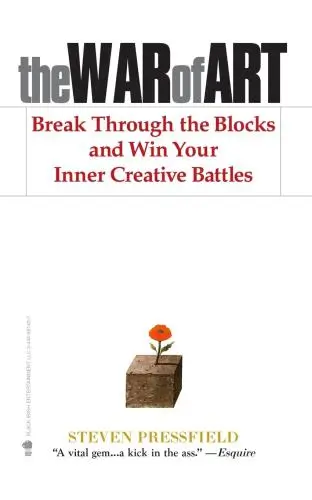
The War of Art
Steven Pressfield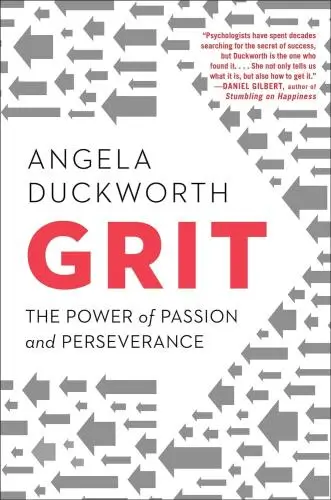
Grit
Angela Duckworth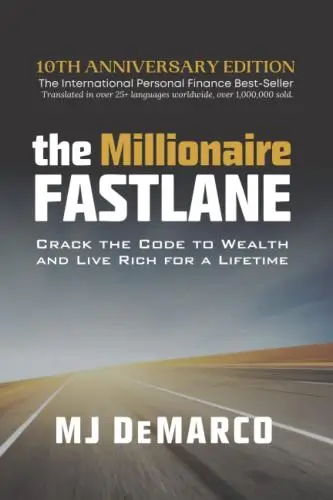
The Millionaire Fastlane
MJ DeMarco
Losing My Virginity
Richard Branson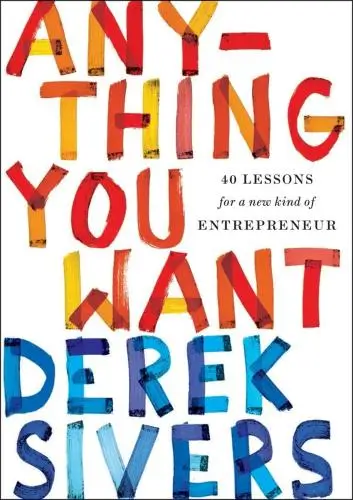
Anything You Want
Derek Sivers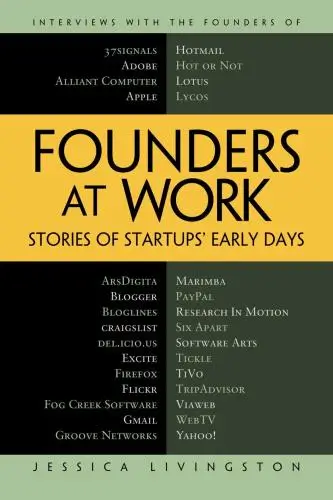
Founders at Work
Jessica LivingstonTrending Summaries

Peak
Anders Ericsson
Never Split the Difference
Chris Voss
Smart Brevity
Jim VandeHei
The Psychology of Money
Morgan Housel
The First 90 Days
Michael D. Watkins
Atomic Habits
James Clear
Thinking, Fast and Slow
Daniel Kahneman
The Body Keeps the Score
Bessel van der Kolk M.D.
The Power of Regret
Daniel H. Pink
The Compound Effect
Darren Hardy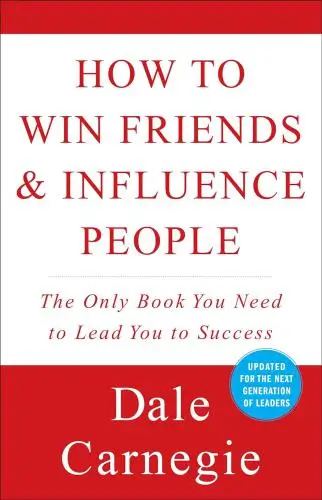
How to Win Friends & Influence People
Dale Carnegie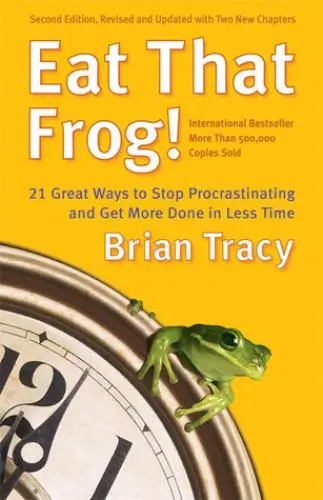
Eat That Frog!
Brian Tracy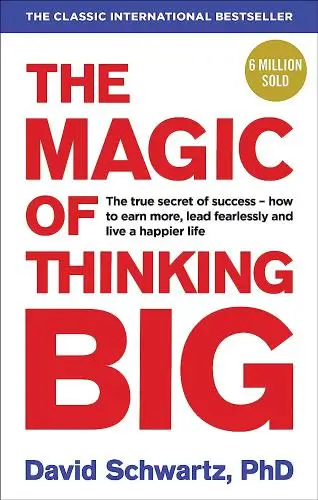
The Magic of Thinking Big
David J. Schwartz
Drive
Daniel H. Pink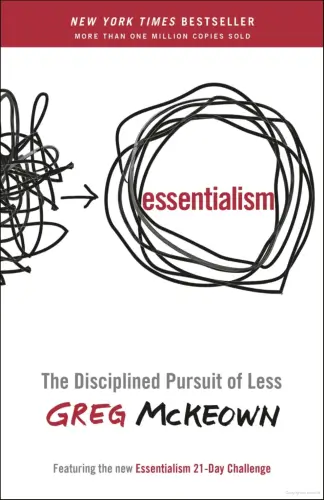
Essentialism
Greg McKeownNew Books

The Millionaire Fastlane
MJ DeMarco
Losing My Virginity
Richard Branson
Venture Deals
Brad Feld
48 Days to the Work You Love
Dan Miller
Anything You Want
Derek Sivers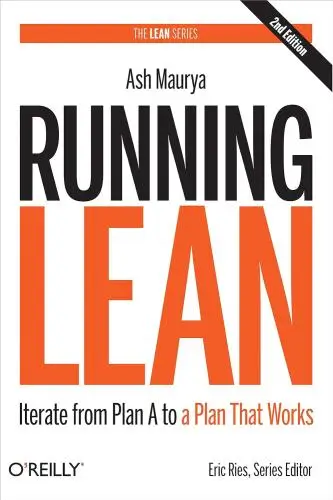
Running Lean
Ash Maurya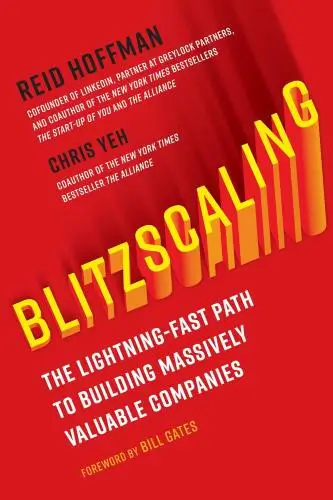
Blitzscaling
Reid Hoffman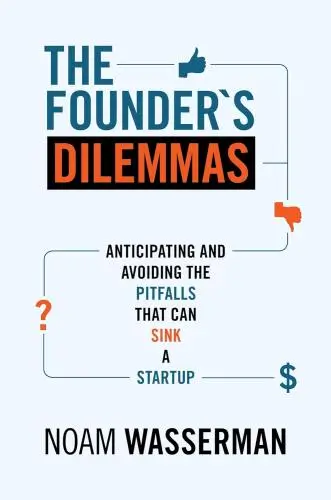
The Founder's Dilemmas
Noam Wasserman
Founders at Work
Jessica Livingston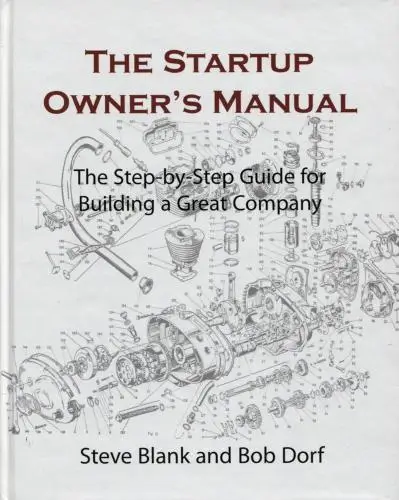
The Startup Owner's Manual
Steve Blank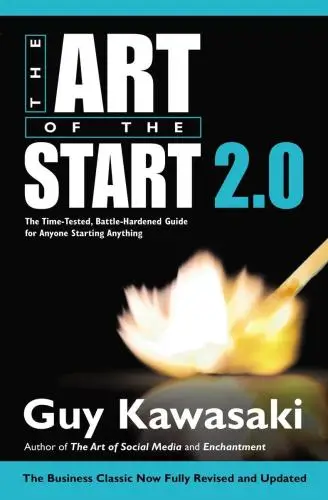
The Art of the Start 2.0
Guy Kawasaki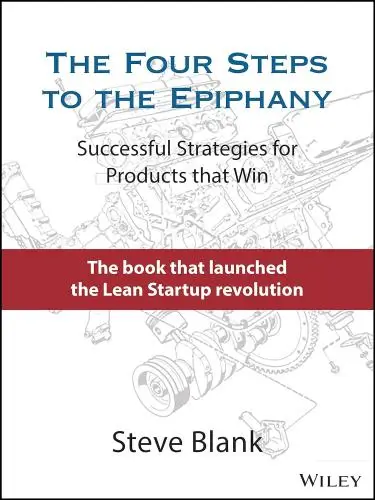
The Four Steps to the Epiphany
Steve Blank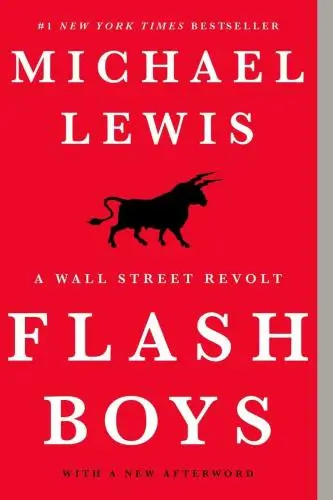
Flash Boys
Michael Lewis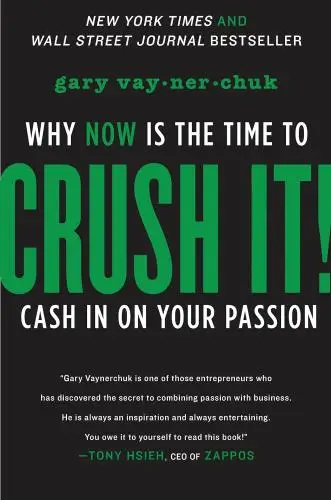
Crush It!
Gary Vaynerchuk